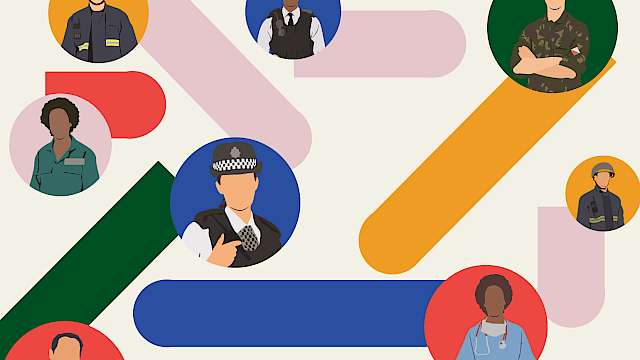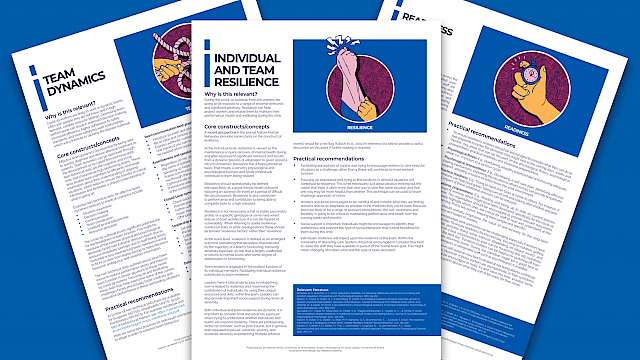The report summarises themes discussed at a workshop sponsored by CREST and organised by researchers at the University of Manchester. The aim of the workshop was to share the latest cross-disciplinary academic research and practical experiences of performance and coping under extreme stress and discuss the implications for security.
Over a day and a half, academic researchers and people with extensive experience in extreme environments shared their knowledge with a practitioner-focused audience. Presentations focused on the nature and impact of extreme stress, and lessons learned from experience and research.
Rather than give a description of every presentation, the report is structured around the key themes that arose. The report indicates (in brackets) the speakers who provided detail on each topic and provides suggestions for further reading at the end of each section.
Context
Defence, security, and law enforcement personnel may be required to operate in extreme environments, including in war zones and other dangerous settings. These environments are typically characterised by intense environmental (e.g. extreme temperature, low resource), psychological (e.g. high threat, monotony, boredom) and interpersonal stressors (e.g. social tension).
Security personnel entering challenging and demanding contexts can be broadly grouped into two categories. The first is those who do it as part of a job and have been selected and trained:
- Military (Special Forces)
- Civilian governmental and private sector security workers
- Undercover law enforcement officers
The second category is individuals who choose to enter or find themselves in extreme contexts without in-depth training and preparation:
- Informants
- Terrorists
- Hostages
Copyright Information
As part of CREST’s commitment to open access research, this text is available under a Creative Commons BY-NC-SA 4.0 licence. Please refer to our Copyright page for full details.
IMAGE CREDITS: Copyright ©2024 R. Stevens / CREST (CC BY-SA 4.0)





